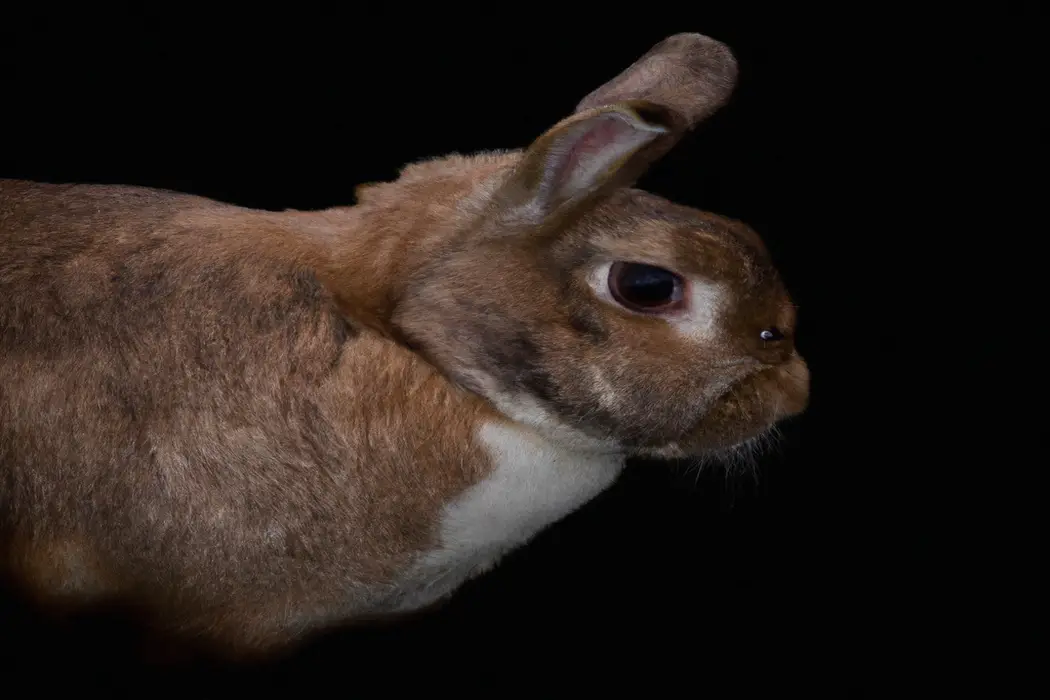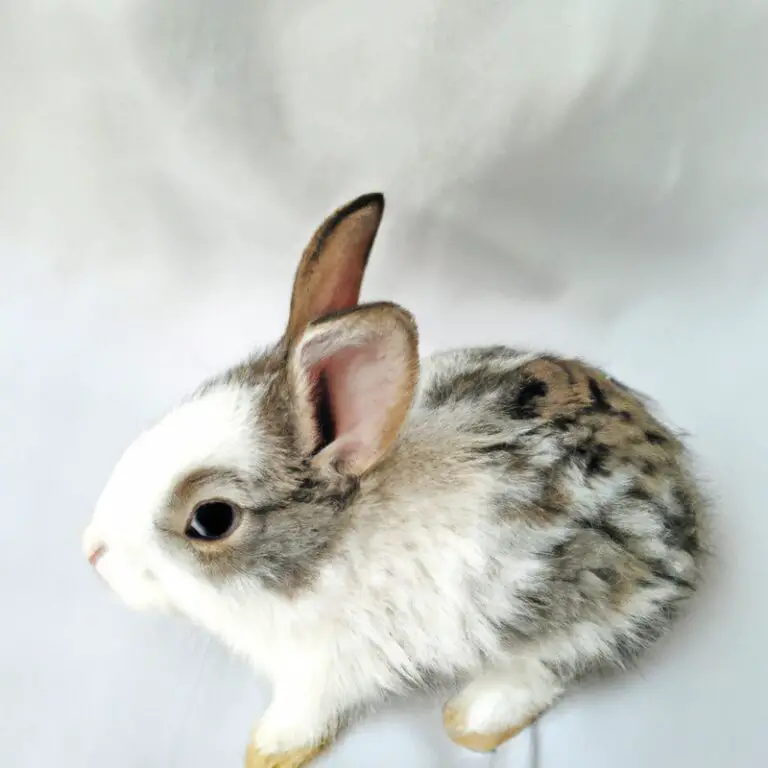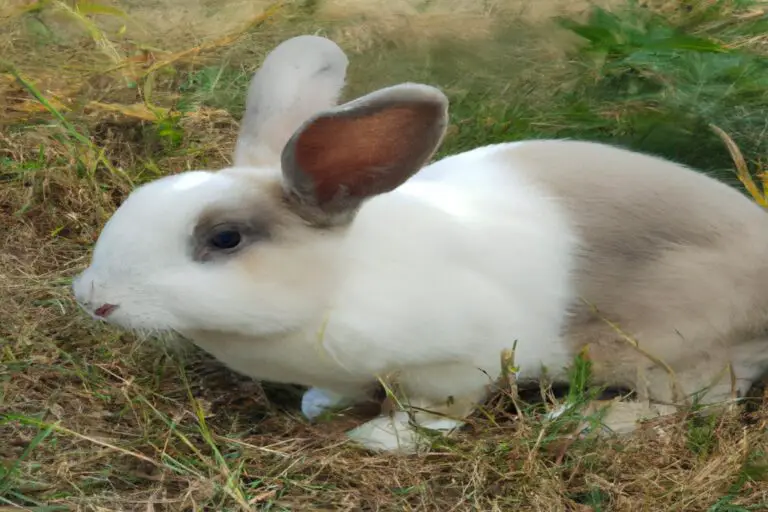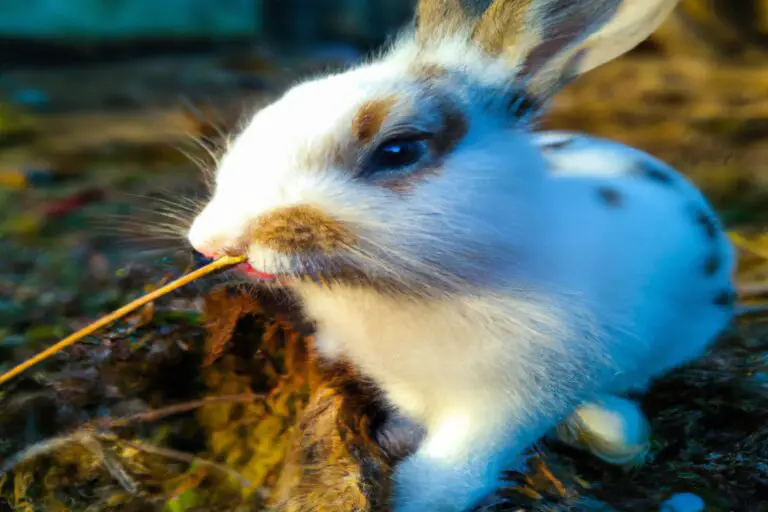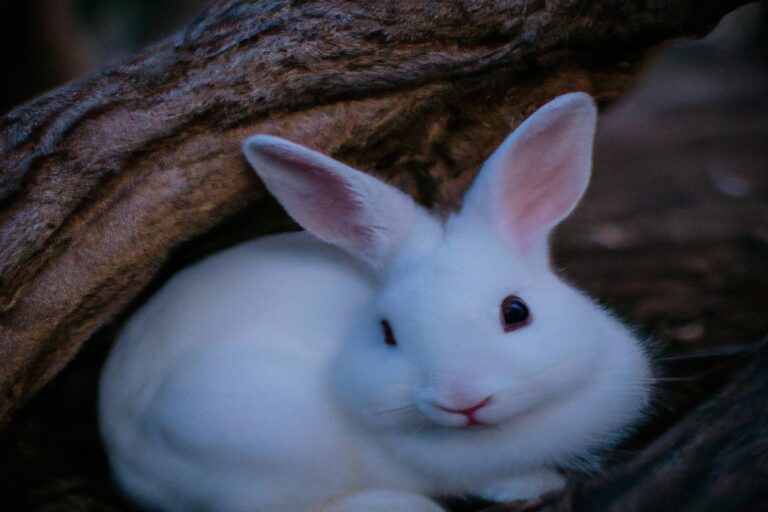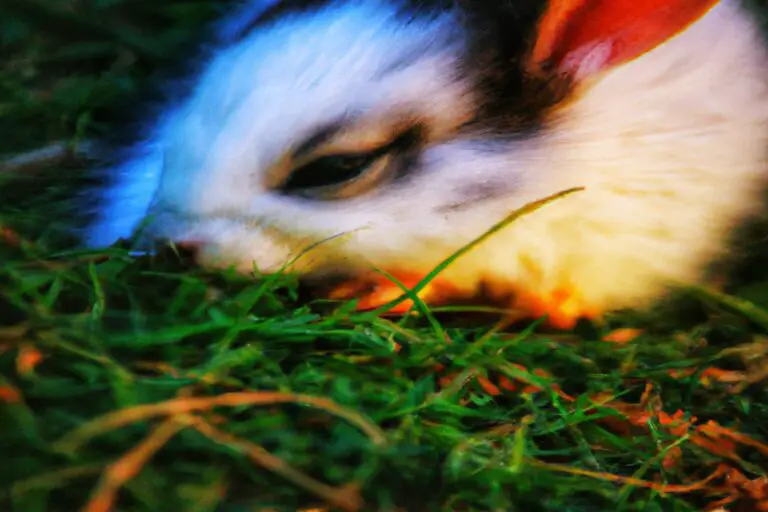Is Echinacea Deer and Rabbit Resistant – Protect your garden!
Key Takeaways:
- Echinacea is generally resistant to deer and rabbits.
- The strong scent and taste of echinacea make it unappealing to deer and rabbits.
- Planting echinacea can help deter deer and rabbits from your garden.
- Echinacea is an effective option for gardens where deer and rabbit damage is a concern.
Are you tired of waking up to find your garden plants decimated by hungry deer and rabbits? If so, then you’ll be thrilled to discover the protective powers of echinacea.
This vibrant and beautiful flower not only adds a pop of color to your garden, but it also possesses natural defenses that make it deer and rabbit resistant.
In this article, we’ll explore the characteristics of echinacea, why it is considered a deer and rabbit resistant plant, and how you can enjoy the benefits of these lovely flowers in your garden without worrying about wildlife damage. So, let’s dive in and learn how echinacea can be your garden’s savior.
| Aspect | Echinacea |
| Rabbit Resistant | Yes |
| Deer Resistant | Yes |
What is Echinacea?
Echinacea, also known as coneflower, is a beautiful flowering plant commonly used in herbal medicine.
Definition and Characteristics of Echinacea
Echinacea is a type of flowering plant that belongs to the daisy family. It is native to North America and is commonly known as coneflower.
The plant is characterized by its large, colorful flowers and spiky center, which gives it a distinctive appearance.
Echinacea is known for its medicinal properties and is often used as a natural remedy for relieving symptoms of the common cold and boosting the immune system. It is also a popular choice for gardeners as it attracts butterflies and is drought-tolerant.
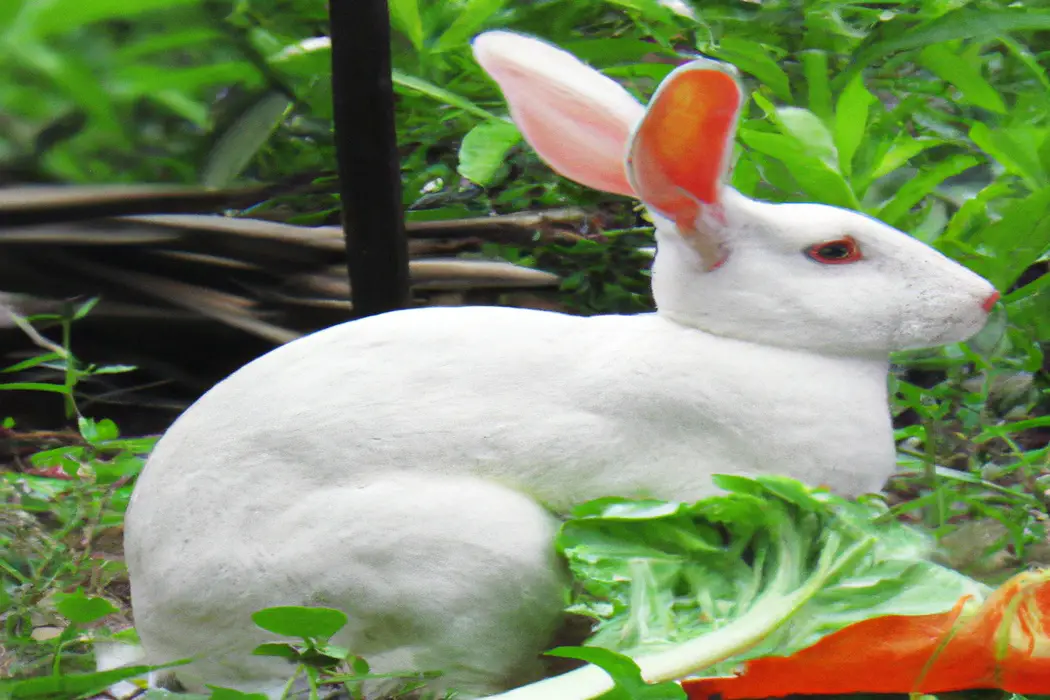
Varieties of Echinacea Plants
Echinacea plants come in a variety of beautiful options.
Some popular varieties include Echinacea purpurea, which has bright pink petals, and Echinacea pallida, which features delicate pale pink petals.
Another stunning choice is Echinacea ‘Orange Skipper,’ with vibrant orange flowers.
If you prefer a unique twist, try Echinacea paradoxa, known for its yellow petals.
With so many options, you can find the perfect Echinacea plant to add color and charm to your garden.
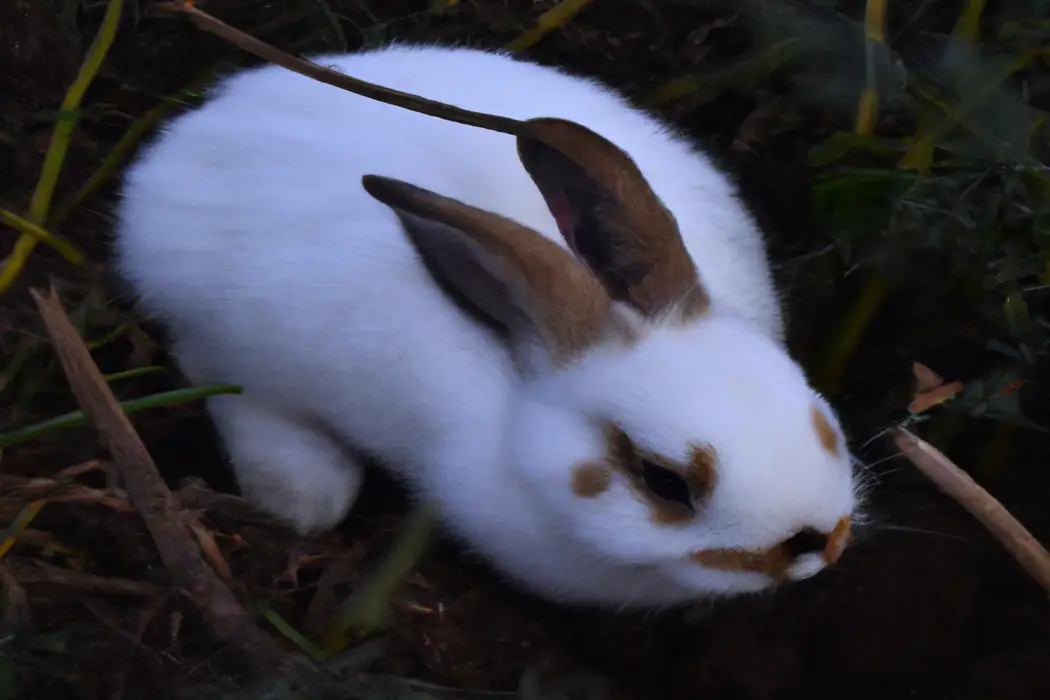
Deer and Rabbit Resistant Plants
Deer and rabbit resistant plants are a great option for your garden if you want to deter these animals from causing damage.
What Does “Deer Resistant” Mean?
“Deer resistant” refers to plants that are less likely to be damaged or eaten by deer.
These plants have natural characteristics or strong scents that make them less attractive to deer.
However, it’s important to note that no plant is completely deer-proof, as deer will eat almost anything when food is scarce.
Therefore, choosing deer-resistant plants can help minimize damage to your garden, but it’s still a good idea to take additional measures, such as fencing or repellents, if you live in an area with a high deer population.
What Does “Rabbit Resistant” Mean?
“Rabbit resistant” refers to plants that are less likely to be damaged or eaten by rabbits. These plants have characteristics that make them less appealing or unattractive to rabbits, such as strong scents, prickly textures, or toxic compounds.
Some rabbit resistant plants include lavender, daffodils, marigolds, and ornamental grasses.
Planting these types of plants can help protect your garden from rabbit damage. However, it’s important to note that no plant is completely rabbit-proof, and hungry rabbits may still nibble on or sample these plants if other food sources are scarce.
Echinacea as a Deer Resistant Plant
Echinacea is known for its deer resistant qualities, making it a reliable choice for your garden.
Factors Affecting Deer Resistance
Several factors can affect the level of deer resistance in plants.
The taste and smell of the plant play a significant role in deterring deer.
Strong scents and bitter or spicy tastes can make a plant less appealing to deer.
Planting deer-resistant species, such as lavender or daffodils, can also help.
Additionally, the location and accessibility of the plant can influence deer resistance.
Placing plants closer to your house or using fences can help protect them from deer browsing.
Finally, the presence of alternative food sources can impact deer resistance.
If there are abundant food options, deer may be less likely to target certain plants.
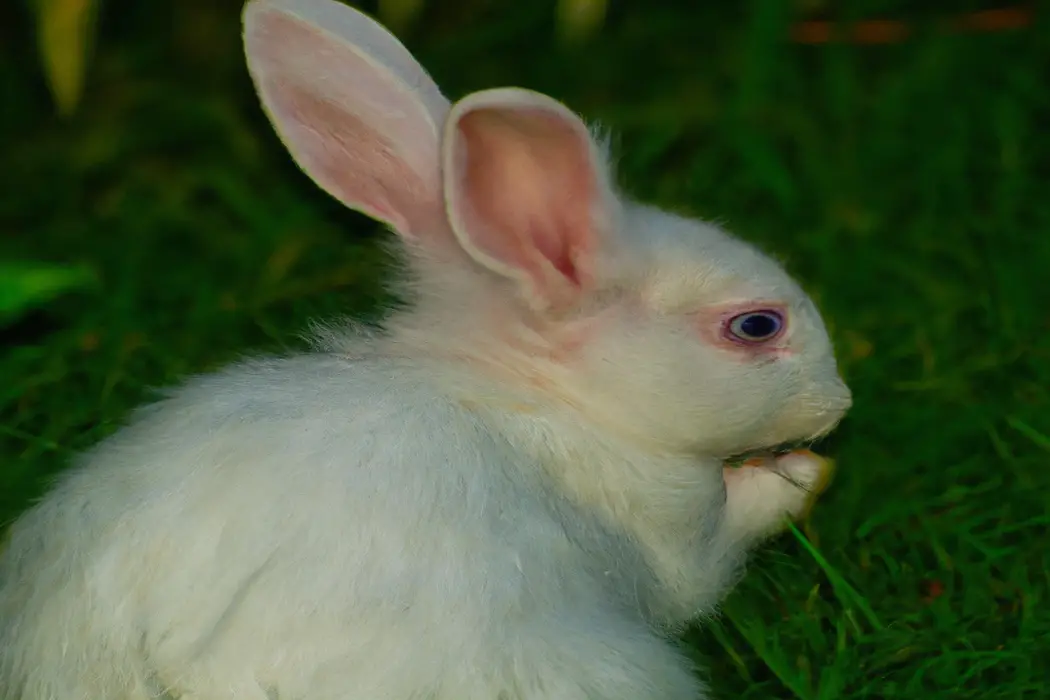
Deer Resistant Echinacea Varieties
When it comes to deer resistant Echinacea varieties, there are a few options you can consider for your garden.
Some popular varieties that are known to be less appealing to deer include:
- Echinacea purpurea ‘Magnus’ – This variety has large, deep pink flowers and is known to be less attractive to deer.
- Echinacea purpurea ‘White Swan’ – With its white petals and orange cone, ‘White Swan’ is another variety that deer tend to avoid.
- Echinacea purpurea ‘PowWow Wild Berry’ – This variety boasts deep rose-pink flowers and has shown good resistance to deer browsing.
By incorporating these deer resistant Echinacea varieties into your garden, you can enjoy the beauty of these plants without the worry of deer damage.
Echinacea as a Rabbit Resistant Plant
Echinacea is a plant known for being resistant to rabbits, making it a great choice for your garden.
Factors Affecting Rabbit Resistance
Factors affecting rabbit resistance can vary depending on the specific plant species.
However, some common factors include the taste and smell of the plant, its physical characteristics (such as thorns or prickliness), and the presence of compounds that are toxic or unpleasant to rabbits.
Planting rabbit-resistant species and using deterrents like fences or repellents can help protect your plants.
Additionally, maintaining a diverse and healthy garden ecosystem can attract natural predators of rabbits and discourage them from visiting your garden.
Rabbit Resistant Echinacea Varieties
Some Echinacea varieties are more resistant to rabbits than others. Try planting these rabbit-resistant varieties in your garden:
- Echinacea purpurea ‘PowWow White’: This variety has large, white flowers and is known to be less appealing to rabbits.
- Echinacea purpurea ‘Magnus’: With its striking purple flowers, this variety is also less likely to attract rabbits.
- Echinacea purpurea ‘Vintage Wine’: The deep burgundy flowers of this variety make it a beautiful addition to your garden, while also deterring rabbits.
- Echinacea purpurea ‘Ruby Star’: This variety features vibrant, ruby-red flowers and is known for its resistance to rabbit damage.
Other Benefits of Echinacea in the Garden
Echinacea offers additional advantages in your garden beyond its resistance to deer and rabbits.
Attracting Pollinators with Echinacea
Echinacea is a great choice for attracting pollinators to your garden. Its vibrant flowers are highly appealing to bees, butterflies, and hummingbirds.
Planting echinacea in your garden will create a beautiful and buzzing environment, as these pollinators are drawn to the nectar-rich flowers.
Be sure to provide a variety of echinacea species and plant them in a sunny location to maximize their attractiveness to pollinators.
Medicinal Properties of Echinacea
Echinacea has been used for centuries for its medicinal properties. It is believed to boost the immune system and help fight off colds and flu.
Echinacea is also known for its anti-inflammatory effects and can be used to treat skin conditions like acne and eczema.
Additionally, it has antimicrobial properties that can help with infections. Some studies have even suggested that echinacea may have anti-cancer properties.
It is available in various forms such as capsules, teas, and tinctures.
However, it is important to consult with a healthcare professional before starting any new herbal supplement.
Frequently Asked Questions
Does Echinacea Repel All Deer and Rabbits?
Echinacea may not repel all deer and rabbits.
While it is known for its purported repellent properties, some animals may still nibble on this plant.
Factors like hunger, availability of other food sources, and taste preferences can influence their behavior.
Additionally, deer and rabbit populations vary in different regions, so what works in one area may not be effective in another.
It’s best to use a combination of repellents and fencing to protect your echinacea plants from these animals.
How Can I Protect Echinacea from Deer and Rabbits?
To protect echinacea from deer and rabbits, you can try the following methods:
- Install physical barriers: Use fences or netting around your echinacea plants to prevent deer and rabbits from accessing them.
- Use repellents: Apply commercial or homemade repellents to deter deer and rabbits. These can be sprayed directly on the plants or placed nearby.
- Grow companion plants: Planting deer and rabbit-resistant plants near your echinacea can help divert their attention away from the flowers.
- Create noise or motion: Install motion-activated devices or wind chimes near your echinacea to startle and deter deer and rabbits.
- Consider natural deterrents: Some gardeners have success with using strong-smelling plants like lavender or garlic to repel deer and rabbits.
Remember to regularly monitor your plants for any signs of damage and adjust your protective measures as needed.
Can Echinacea Be Planted in Containers to Prevent Deer and Rabbit Damage?
Yes, Echinacea can be planted in containers to prevent deer and rabbit damage. Planting Echinacea in containers allows you to protect the plants from being eaten by deer and rabbits, as they would have limited access to the containers.
It also gives you the flexibility to move the containers to different locations, ensuring that the Echinacea receives the optimal amount of sunlight and water.
Just make sure to use containers that are tall enough to prevent animals from reaching the plants and use a potting mix that drains well to keep the Echinacea healthy.
Final Verdict
Echinacea is a fantastic option for gardeners looking for deer and rabbit resistant plants. Its strong scent, prickly foliage, and unappealing taste make it unattractive to these pests.
However, it is important to note that there are no plants that are completely immune to deer and rabbits, so some precautions may still be necessary.
By planting specific deer and rabbit resistant echinacea varieties and utilizing additional protective measures, such as fencing or repellents, you can greatly reduce the risk of damage to your echinacea plants. So go ahead, plant some echinacea in your garden and enjoy their beautiful blooms, while keeping deer and rabbits at bay.

